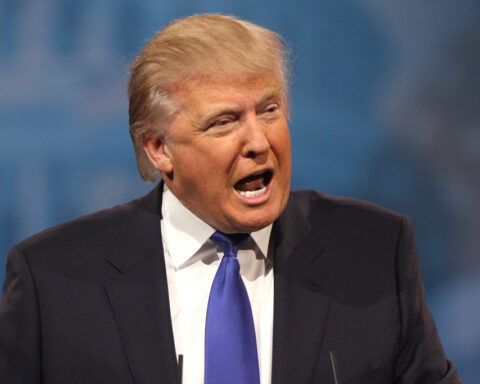President Ursula von der Leyen of the European Commission reportedly announced that the EU’s executive arm will modify fiscal regulations to enable European Union member states to significantly increase their defense expenditure without exceeding deficit caps.
Von der Leyen stated in a speech at the Munich Security Conference on Friday that the European Commission will suggest that EU member states may increase their defense expenditure by invoking a “escape clause,” provided that they satisfy specific criteria, which she did not disclose.
Currently, escape clauses enable governments in the EU to suspend their borrowing limits in the event of a severe economic crisis or significant events beyond their control.
National budget deficits must not exceed 3% of gross domestic product, and public debt must not exceed 60% of GDP, as stipulated by the EU’s expenditure regulations.
Previously, certain EU countries contended that they did not have the capacity to increase their defense expenditure.
The proposal would be advantageous to countries such as Poland, which is a significant defense actor with an excessive deficit, as well as France and Italy, which have national deficits exceeding 6% of GDP.
Her announcement coincides with the reaffirmation of U.S. President Trump’s demand that the European members of NATO increase their defense expenditures to 5% of GDP.
Only five of the 32 NATO members—Estonia, Greece, Latvia, Poland, and the United States—spending more than 3% on defense, and none spend more than 5%.
Von der Leyen stated that the 27 EU members presently allocate 2% of their GDP to defense. However, this amount will require an annual increase in investment of “hundreds of billions of euros.”
The German politician also stated that the European Commission will suggest a series of customized solutions to assist member states in overcoming specific obstacles that prevent them from increasing their defense expenditure.
On Thursday, NATO Secretary General Mark Rutte stated at a press conference that NATO members should prepare to allocate over 3% of their GDP to defense.
He also stated that the U.S. administration has “every right to be extremely irritated” by the disparity in defense spending between the United States and other members of the alliance.
[READ MORE: Russian Bitcoin Tycoon to Be Exchanged for American in New Prisoner Swap]








